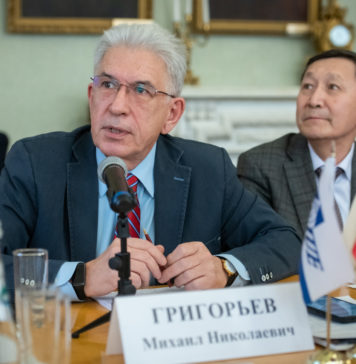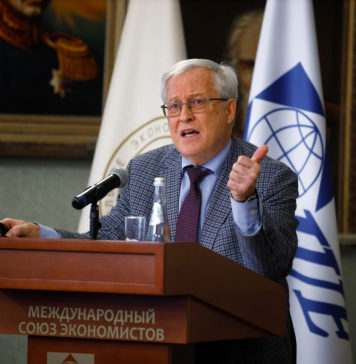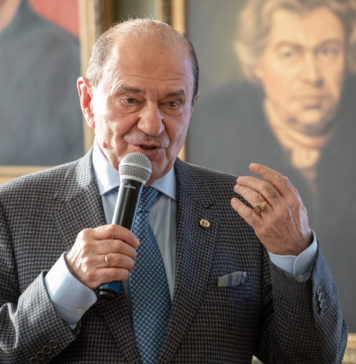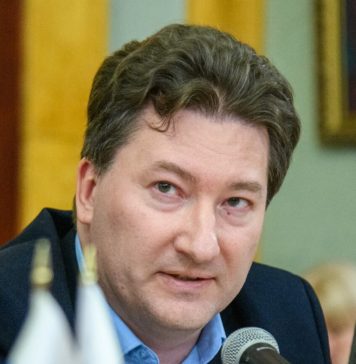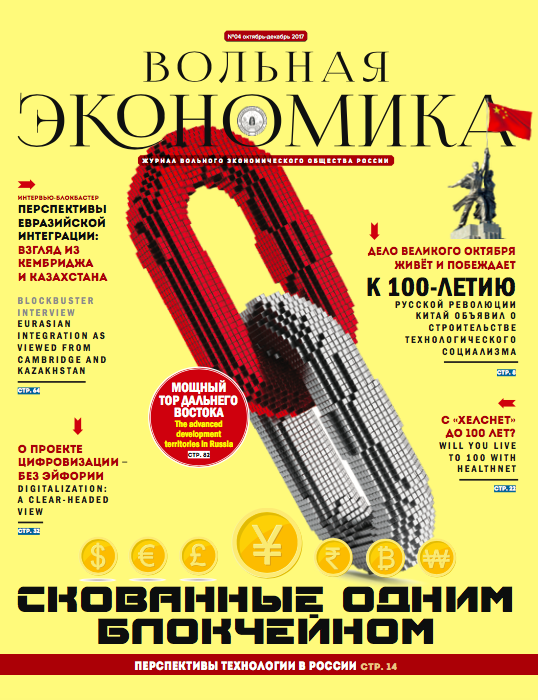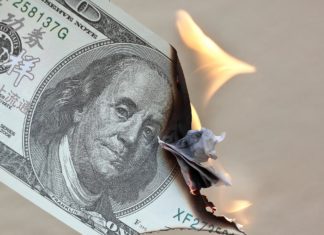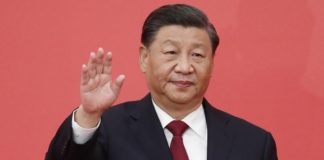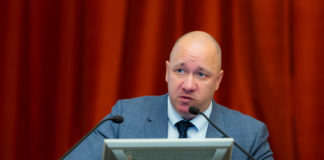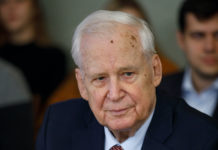Discussion between
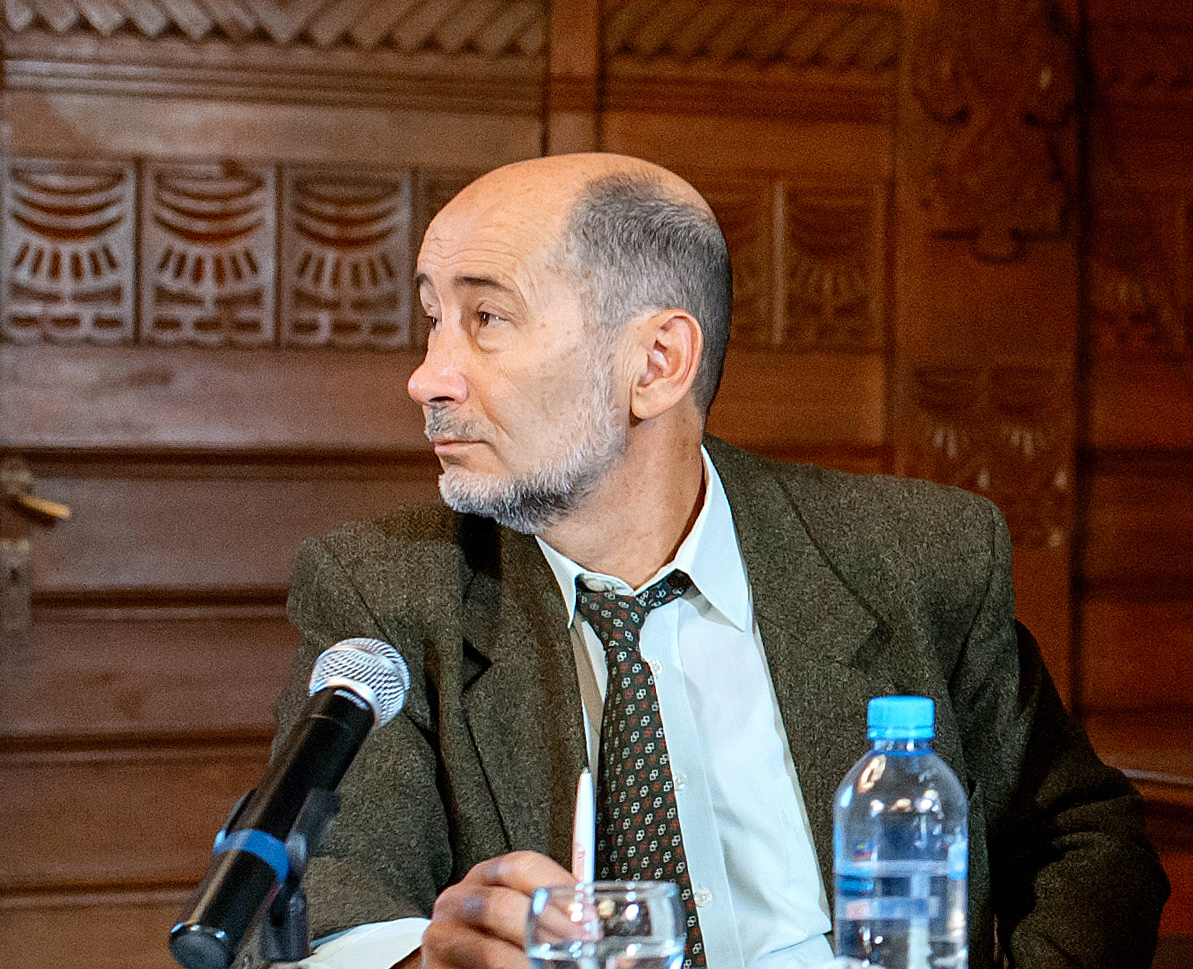 Alexander Buzgalin,
Alexander Buzgalin,
Emeritus Professor at MSU, Vice-President of the VEO (Free Economic Society) of Russia,
and
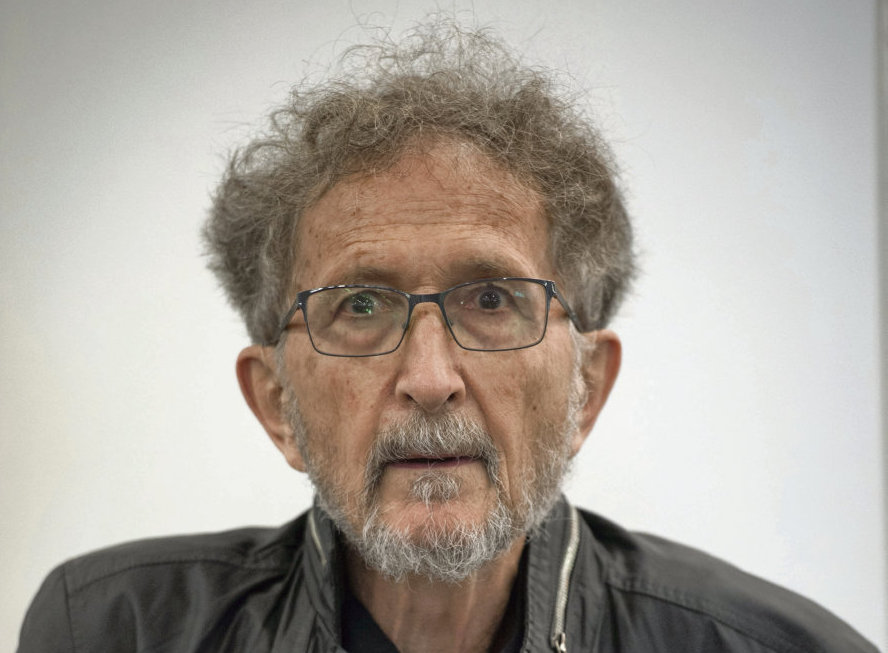
Jacques Bidet,
Professor at Paris Nanterre University
Buzgalin: I know that you’ve been busy developing Marxism, and for many years you’ve been editor-in-chief of the Actual Marx magazine. Do you believe Marxism is obsolete? What questions can it answer today? For example, is Marxism needed to study economic and social problems, in particular, those of poverty and inequality? Or is it more important for studying other issues?
Bidet: Well, it is very important for different socio-economical questions. But I would say, the main point is about ecology. Because the main question is that mankind has evolved, has [in front of it, on the horizon?] this ecological crisis, and Marx is, for me is the ecological thinker number one. Because he made it very clear that capitalism has just one purpose, just profit, whatever the human or the nature. And nobody made it clearer than he does. Capitalism’s only aim is profit, so suddenly Marxism’s become suddenly important again, and that can be understood rather easily by the human population. While the Marx before was more difficult, he was of course very pertinent [to those questions?], but that was not so visible, not so transparent because many people could have thought that capitalism is not splendid, it’s the best bad possibility, something [lighter?]. Of course, not only capitalism, that’s not only [the] question of looking for profit, also the war with terrible problems for ecology. Because in the war, before and after the war you destroy quite a lot of things.But of course, war has also much to do with capitalism. Because it’s a war of the richest country at the moment against poor countries, organizing combats, struggles between countries where there’s something to exploit. So, capitalism [will always be armed?], we’ve known that for a long time, with imperialism. But now we can perhaps not so easily speak of imperialism. It’s more of a multicenter imperialism. There is a world system, and a subsystem with each of them on the periphery. And this brings the multiplication of weapons and all those weapons are destructive, at every stage of production, even if they are not employed. So, for different reasons Marx has come to the forefront.
Buzgalin: Thank you and maybe one more question. There are a lot of debates now about poverty and social polarization, the gap between the poor and the rich and all this stuff. Do you think that these are also important questions or it’s not so important?
Bidet: They are all typical Marxist questions.
Buzgalin: That’s why I put it, yes.
Bidet: Marxism remains very, very important, it takes a new inflexion, a new pathos, because, as is well known, the rich became richer and the poor poorer, and there’s an inflation of poverties, and in the countries where socialism, socialists had brought social institutions, all these institutions is in danger, I don’t tell about Russia, I know that the old system was probably not bearable, but the old system… there was at least the idea of overall social institution for medical care, school and so on. And we know how the destruction, restructuration has been radical. It’s also the same in Western Europe. It’s not so well-known perhaps in Russia but yesterday for instance Sean Sayers had the good words on the destruction of the last thing they had in England, the social hospitals, health system which has been built after World War II. And Margaret Thatcher was [the person] who destroyed it [by privatizing]. And in France too, we see day after day with Macron, the man who was supposed to belong neither to the right nor to the left, and who in fact was revealed to be an extreme right. A liberal, culturally liberal, culturally modern and open, but economically and politically a real reactionary. [He has been] destroying the popular housing system.At the moment [there’s] a great strike on the railway. The railway at the moment is national property and with a good reason. And he makes a great enterprise for privatization. Why privatize? In this social institution there’s a place for people, for organizing people for some opposition to capitalism. That’s a normal possibility. There had been a one-month strike. And possibly announced two more by the trade unions. Not every day but two days out of five. So that the strikers keep in contact with passengers and explain day after day. That has been difficult, they have no public expression on television, but the others, and also the journalists, they are hateful of saying that the system is not good…It means that… there is a strong trade union which… with a Marxist NDA, CGT (General Confederation of Labor), with a Marxist inspiration, and they are really resilienting this movement. And it’s not finished. But we just want something because there is also a big strike in Air France, a company which is nomore national but partly national, and they have been striking for one month, just more for question of salary because the salary has been the same for six years while the life takes two percent every year. So, they have a strong strike. The President of Air France had this challenge of organizing a referendum among the employees. He was sure of winning because all the newspapers and television said that was a minority strike, just a minority of Marxism. But as a matter of fact, he lost. We know that yesterday, surprisingly, he [ended up with] just forty-four percent [of the votes]. It was a great victory. At that time [the victory was something splendid?]. That can give some hope to the strikers for the railways. So, Marxism is also present in university circles, there is a strong interest in Marxism in the university. In my research center for philosophers there’s a good group of students making their PhD on Marxism. There were two doctorates on that. It was a work of four-five-six years, no more so young, 25, 26 years when they finished. On the young Marx. And we see that there is a continuation. For 20 years I founded this journal, Actuel Marx. Now it’s a third generation, I resigned after 20 years. Another one took it for 20 years, and now it’s a 4th generation. So, now it makes for 35 years. And there is another generation after that. And now the editors are about thirty years old.But they are full professors, they are really brilliant. They have a lot of students working with them. So, the situation (I speak of Marxism) is not so bad in some wayalthough the political situation is poor because the radical left, which makes in France about 20% of the population (that was the rate of the Communist party, and now the Communist party is weaker, at five percent, but there’s another 15 percent that is also radicalized in some sense). Well, but we are isolated because the socialists, most of them, have taken the way for helping the service of neo-capitalism. But, well, anyway, the story is not finished.
Buzgalin: No, no, it’s very important what you said, and thank you very much.

